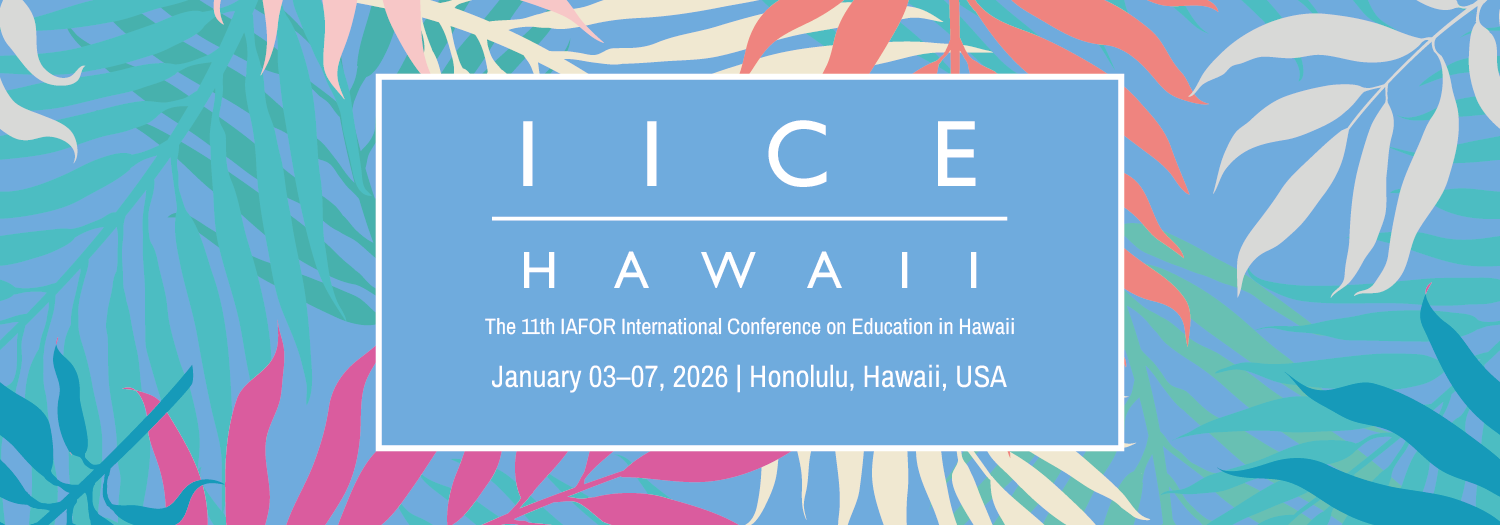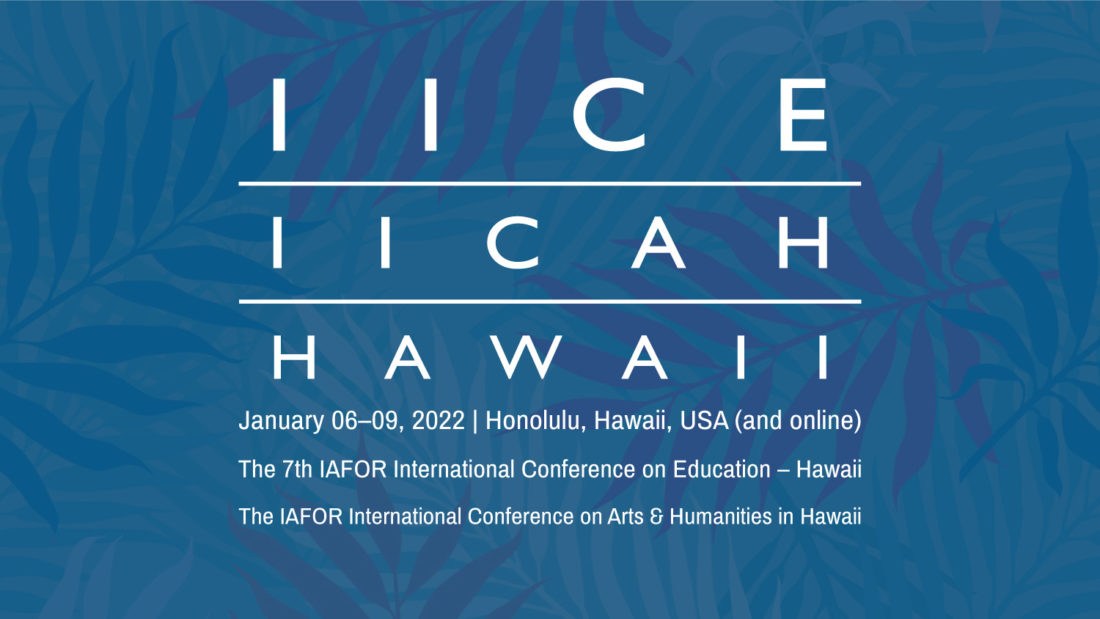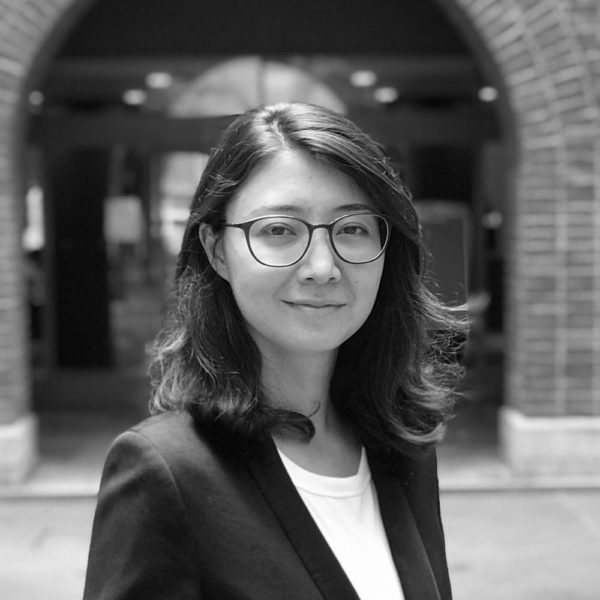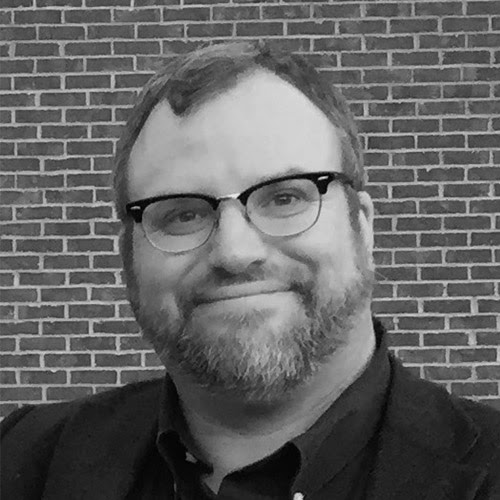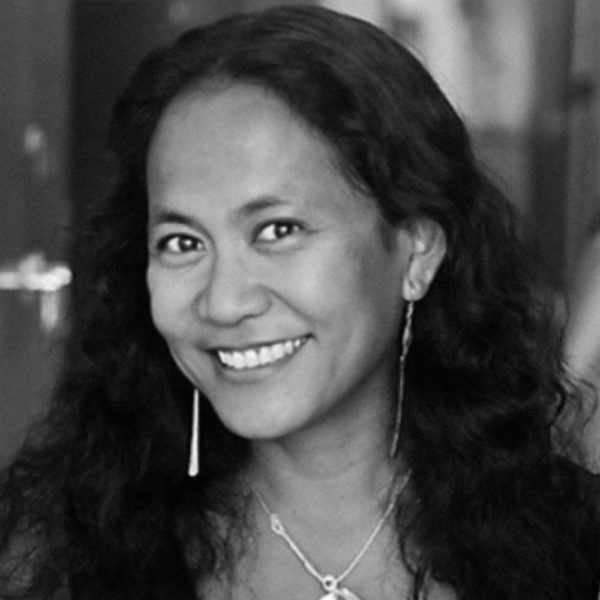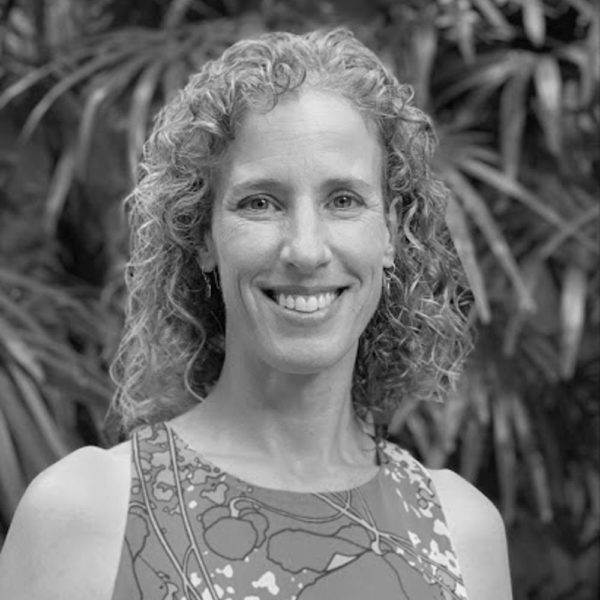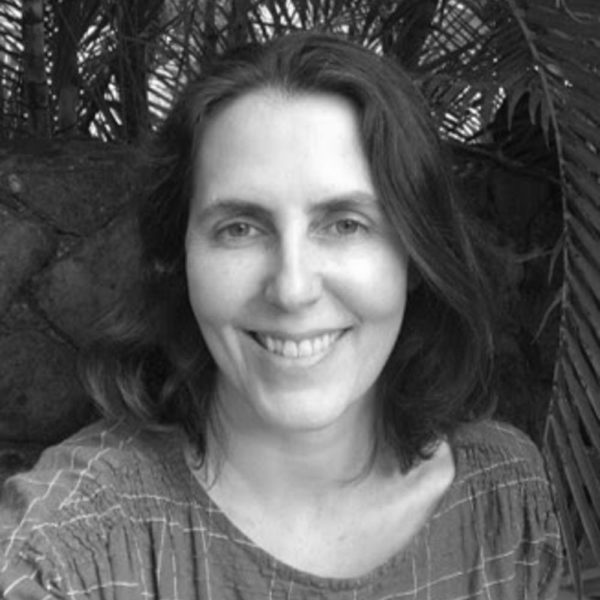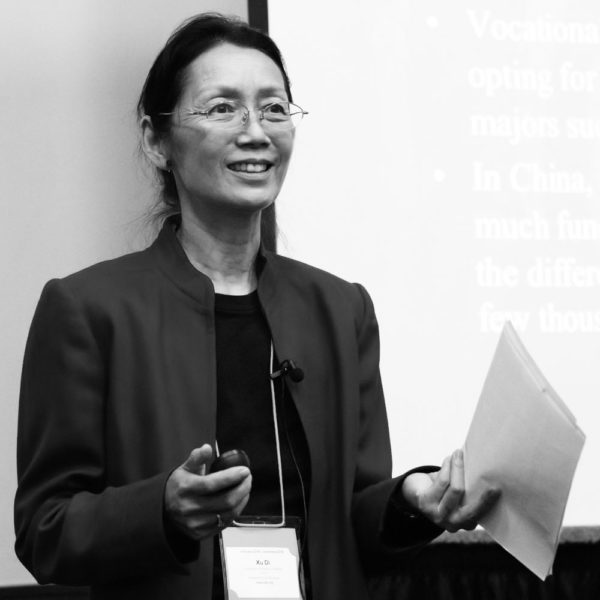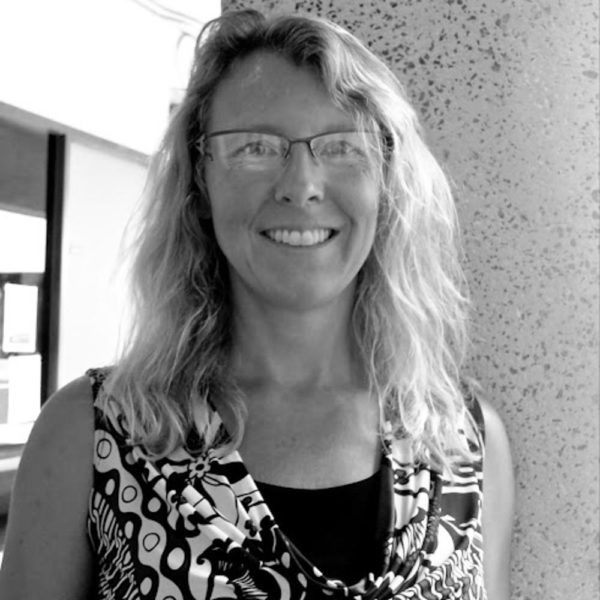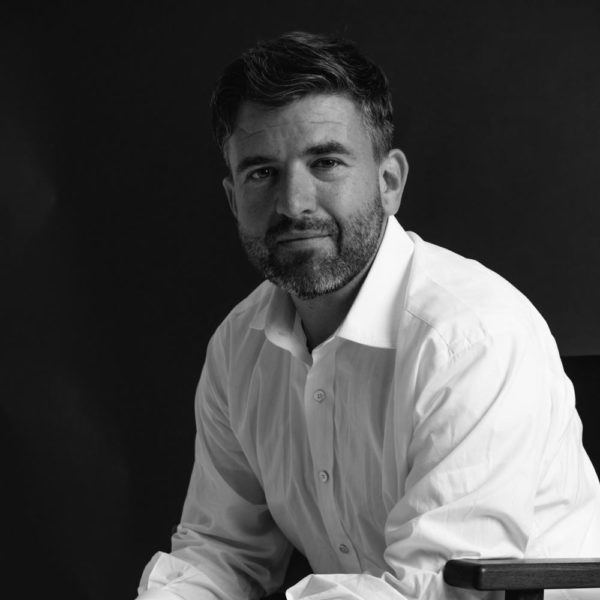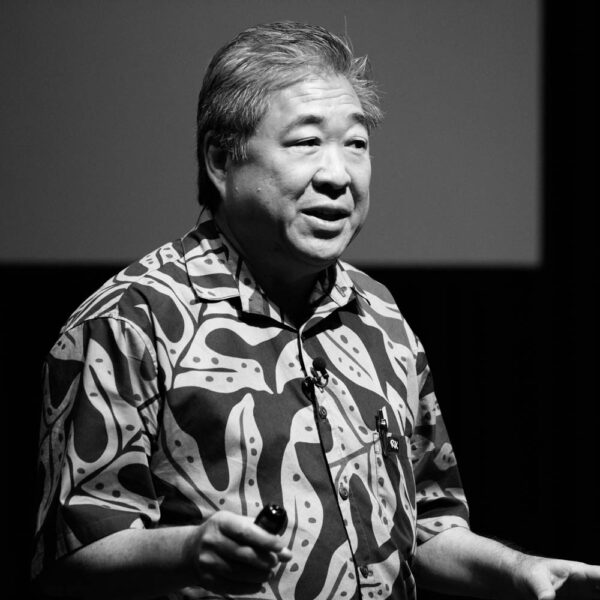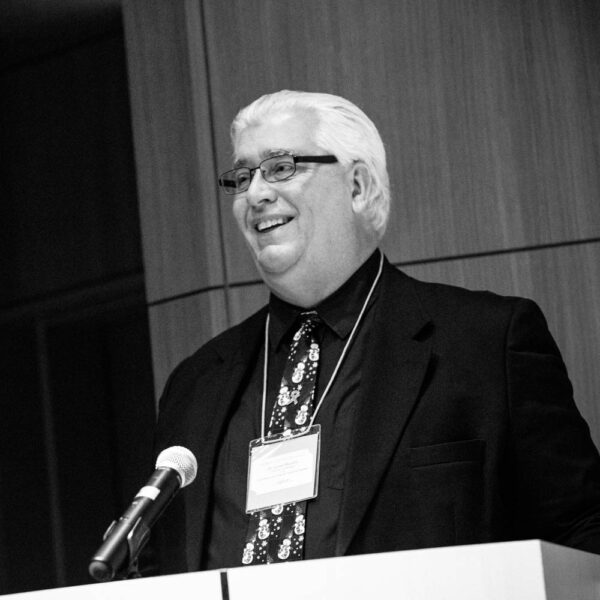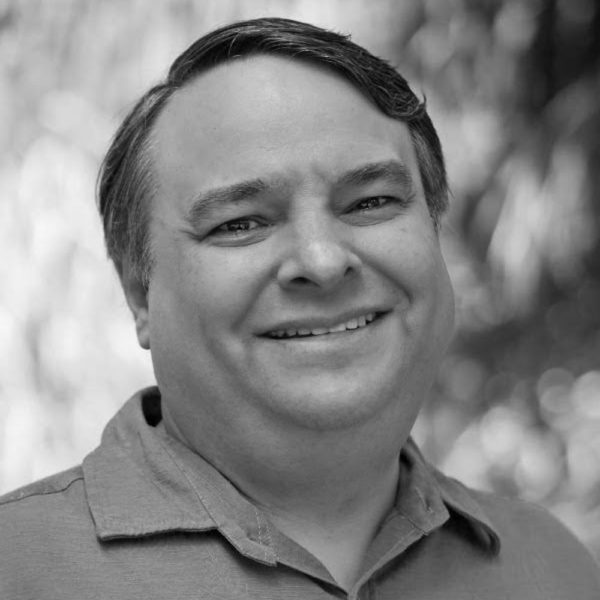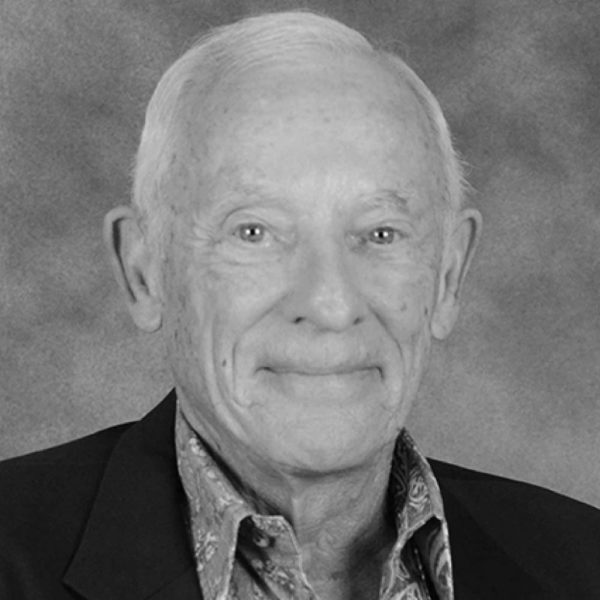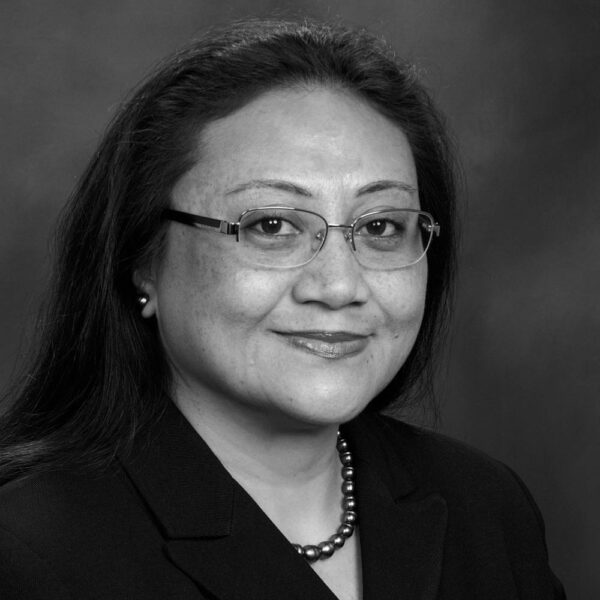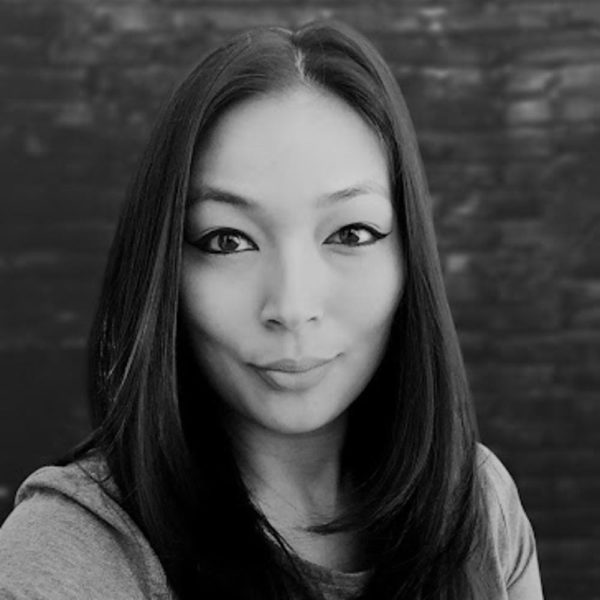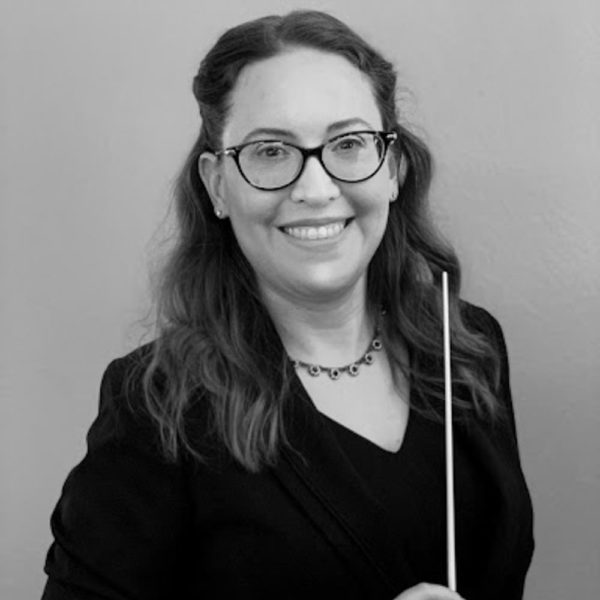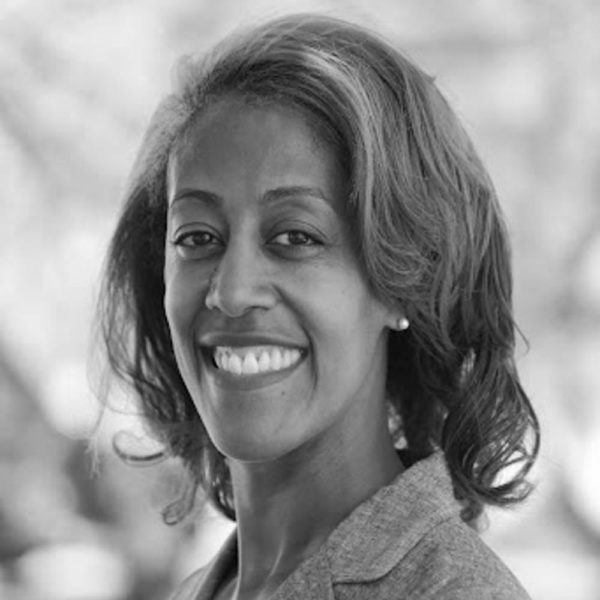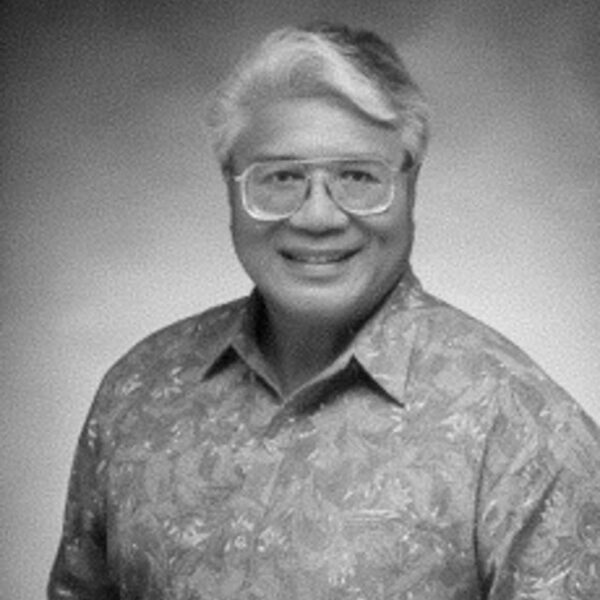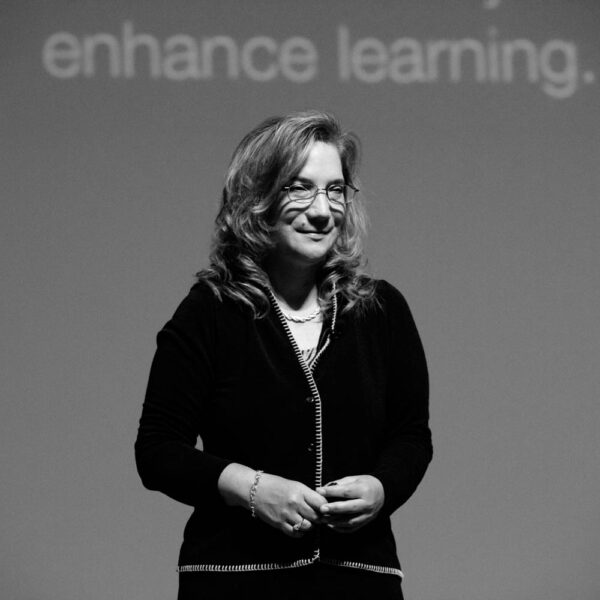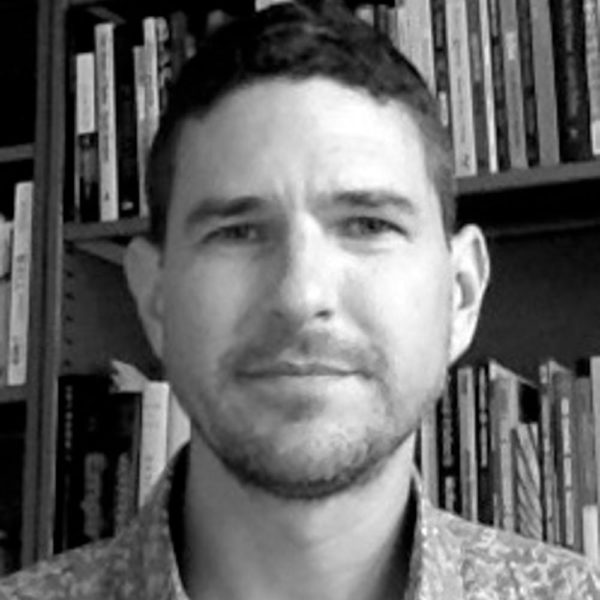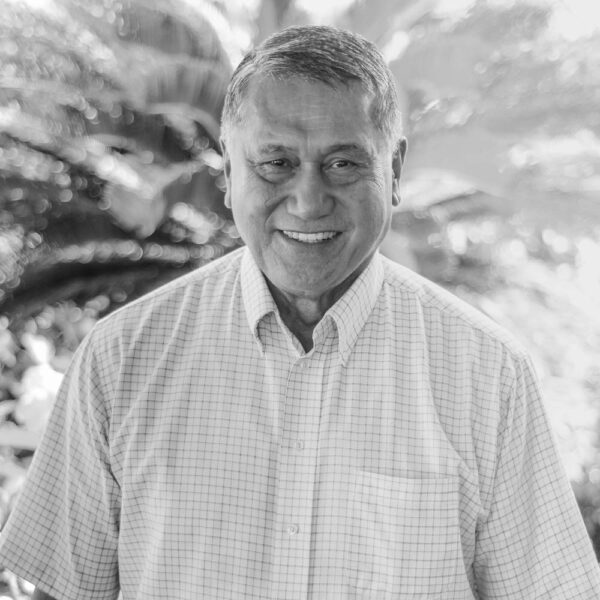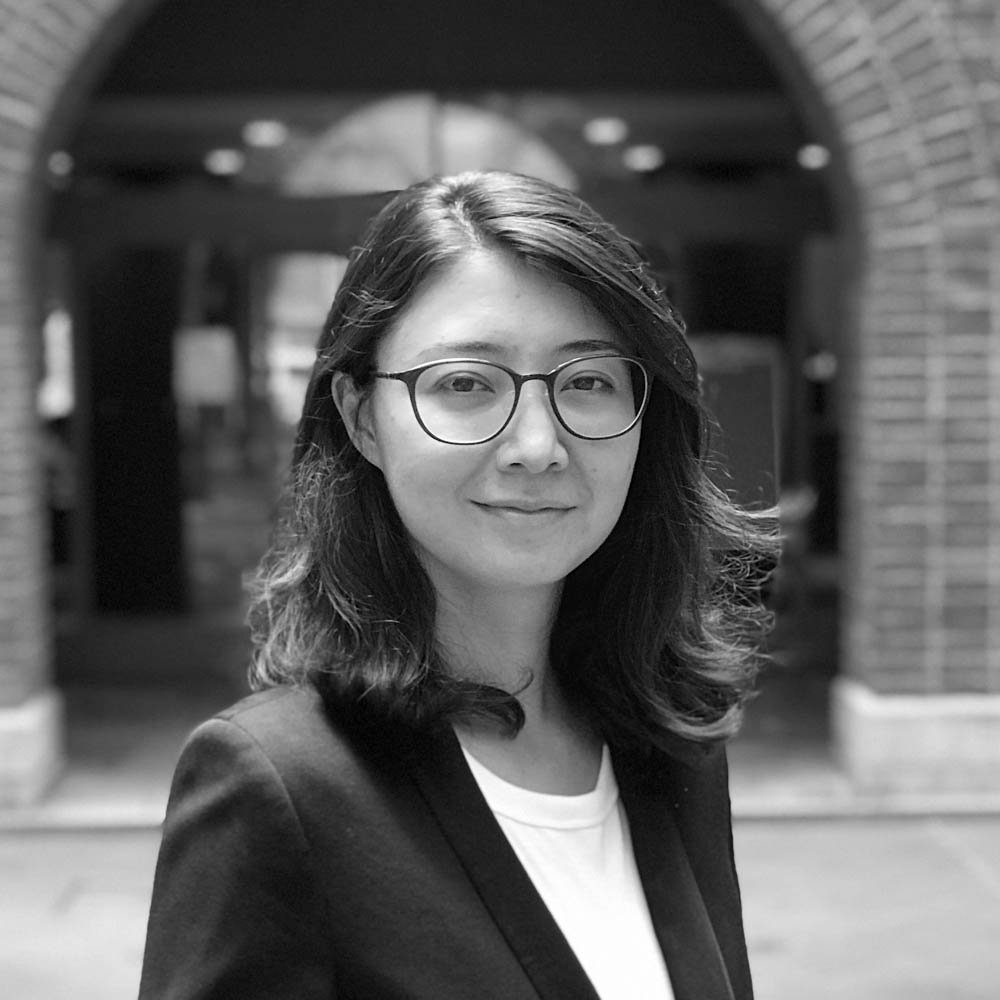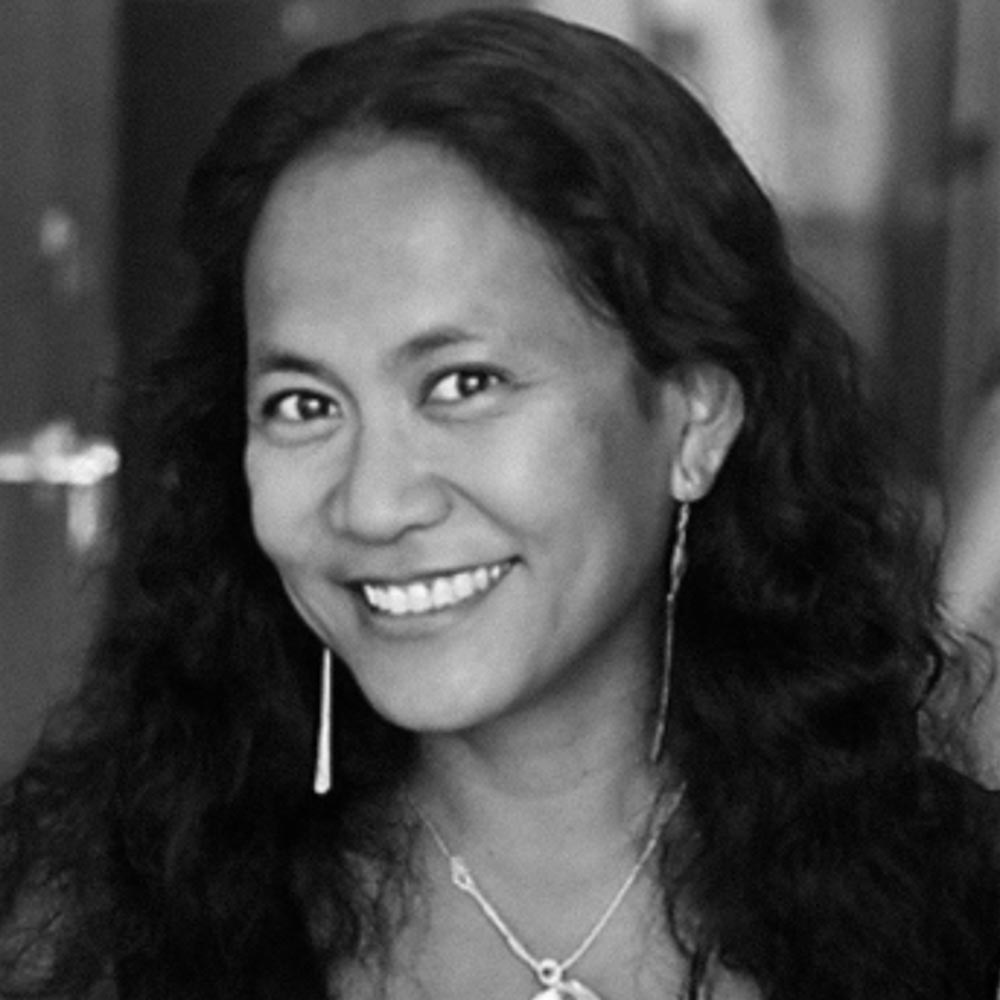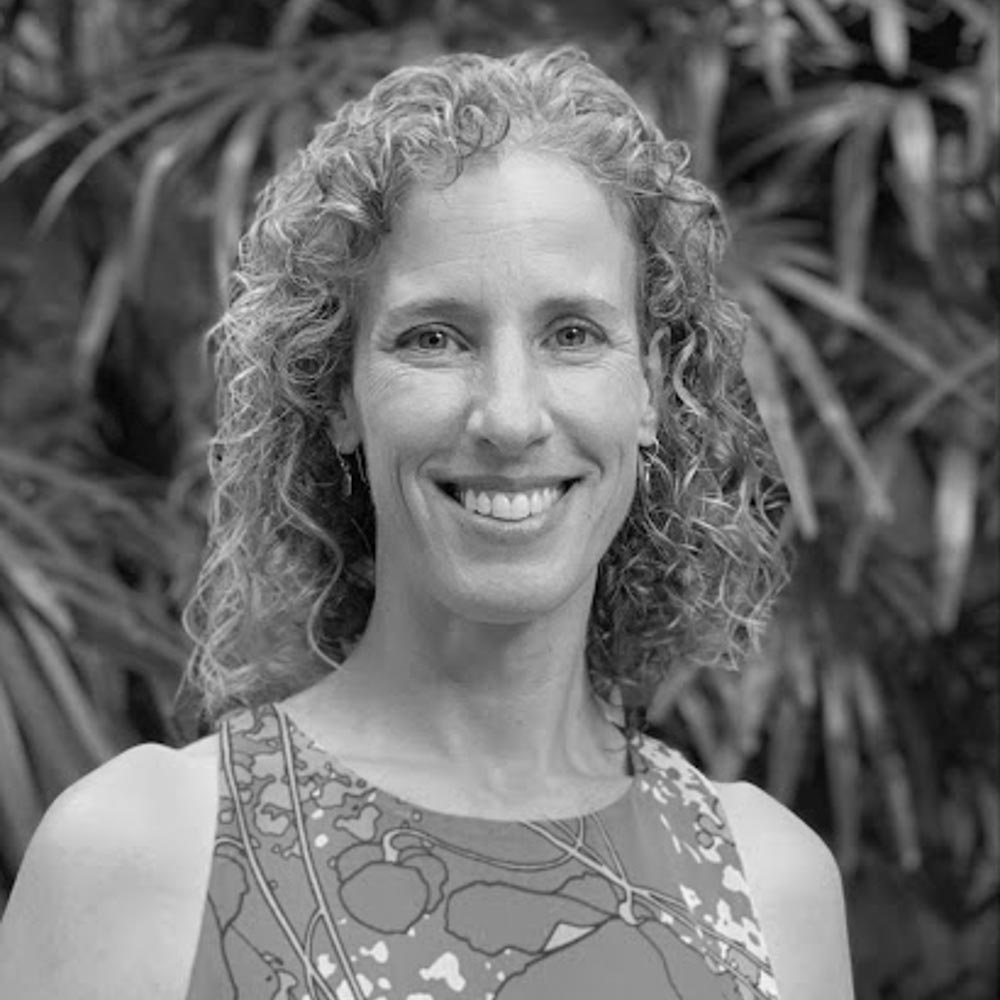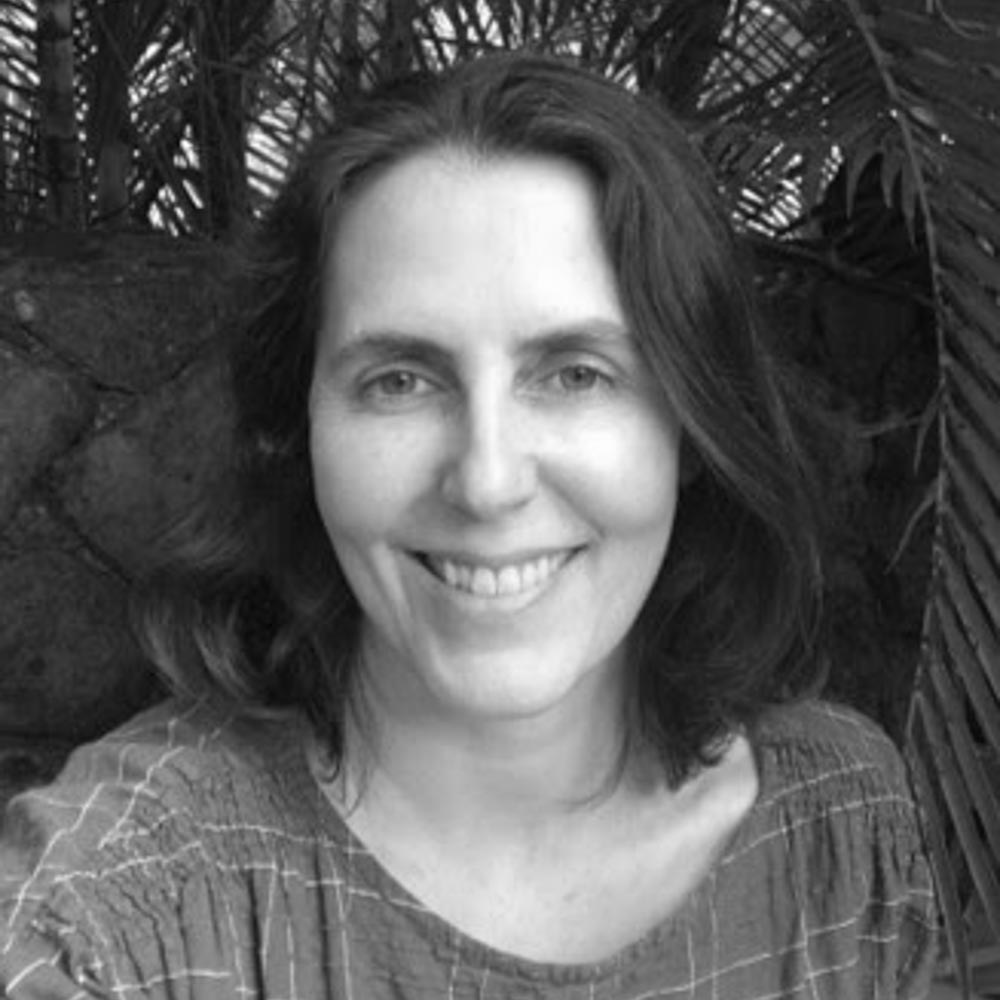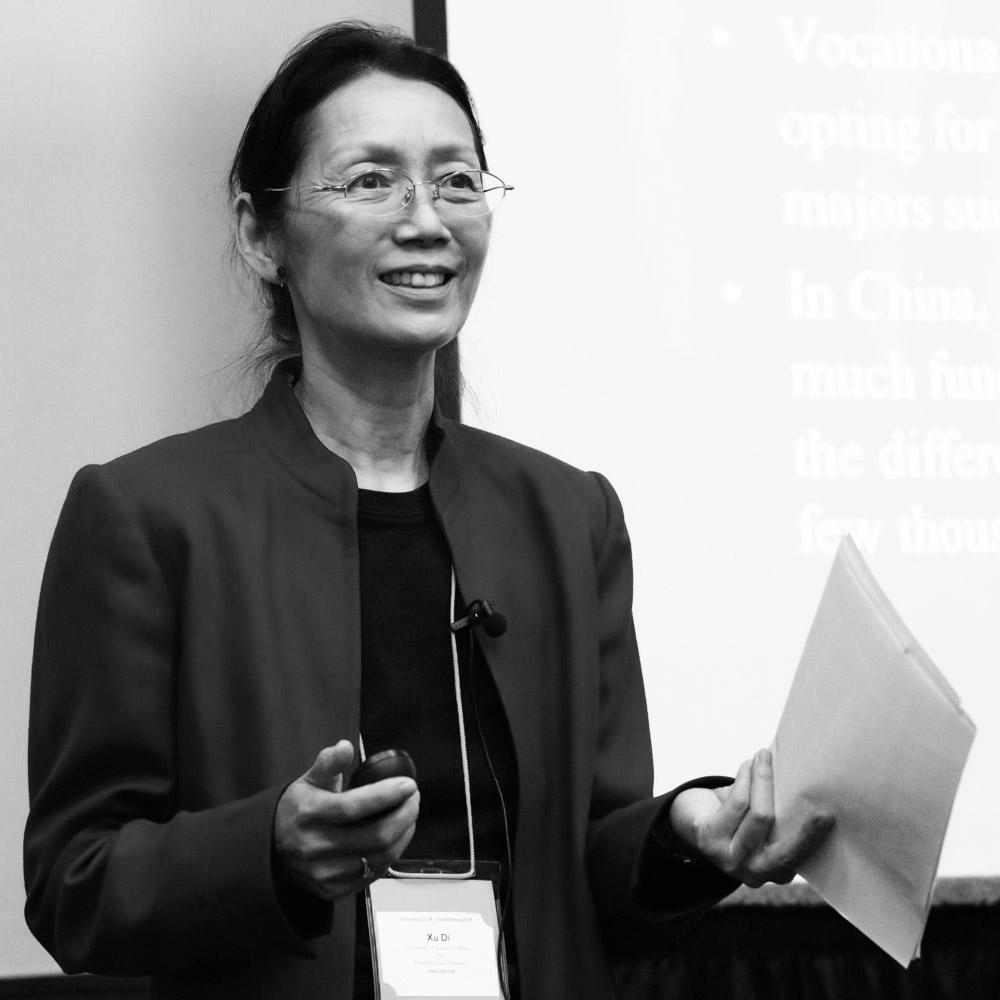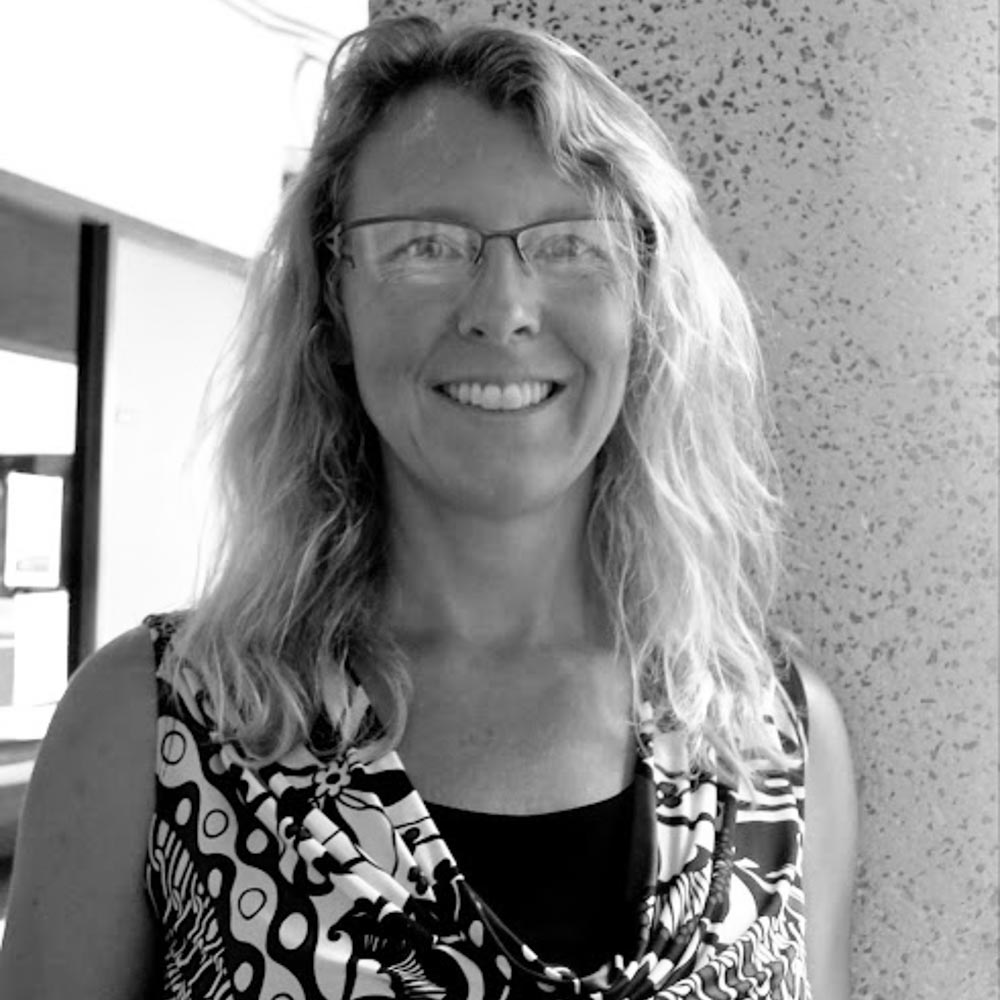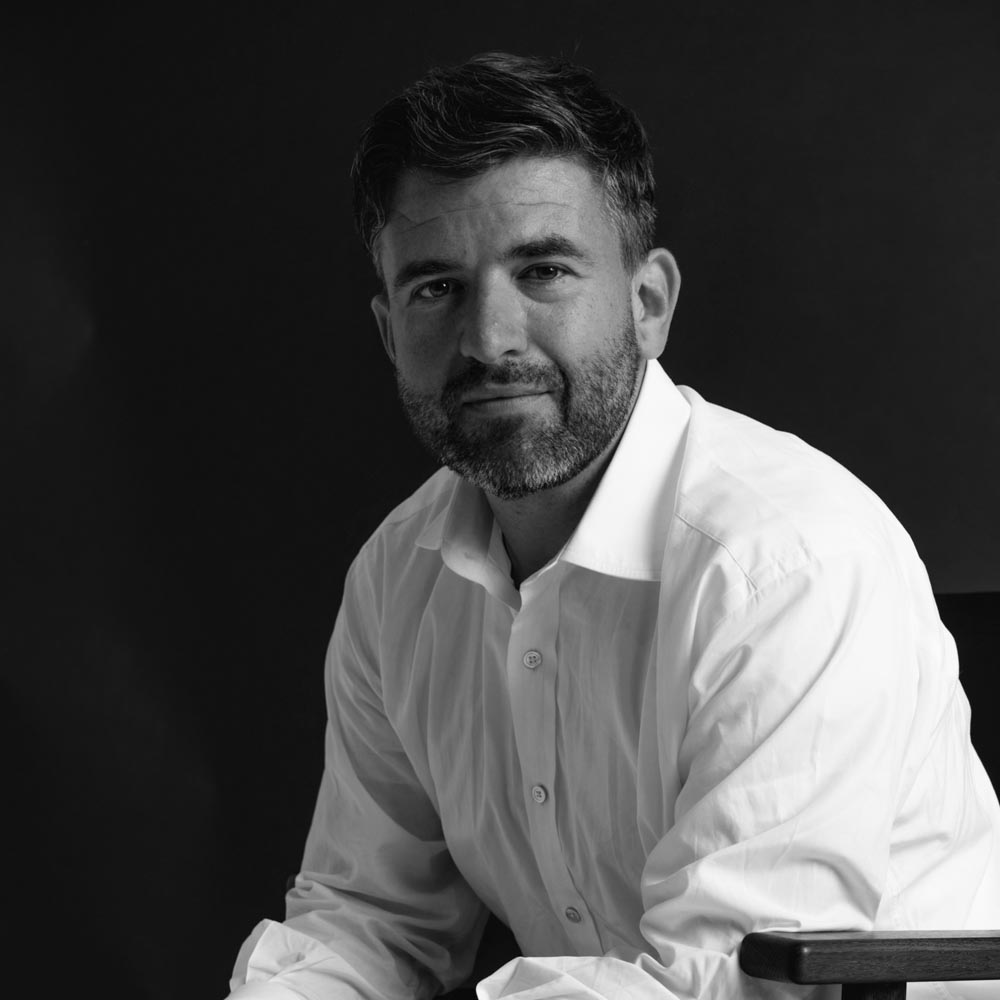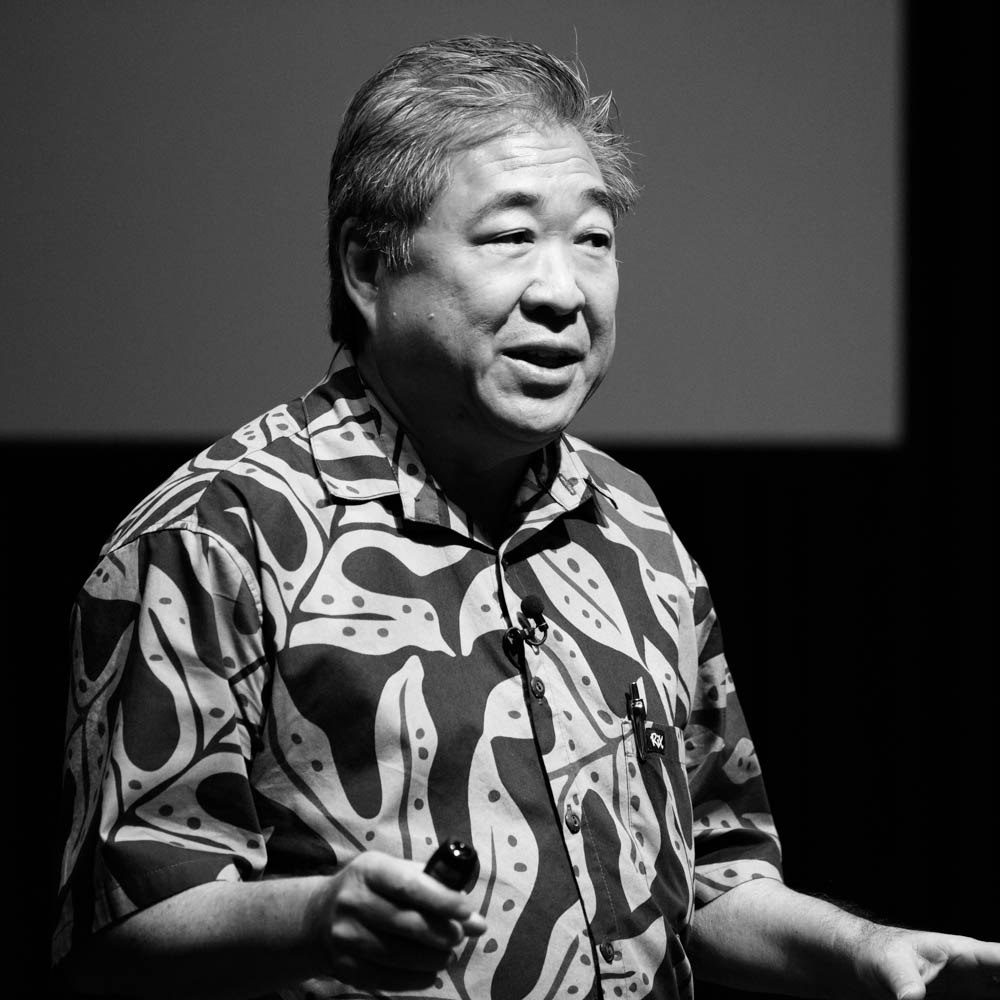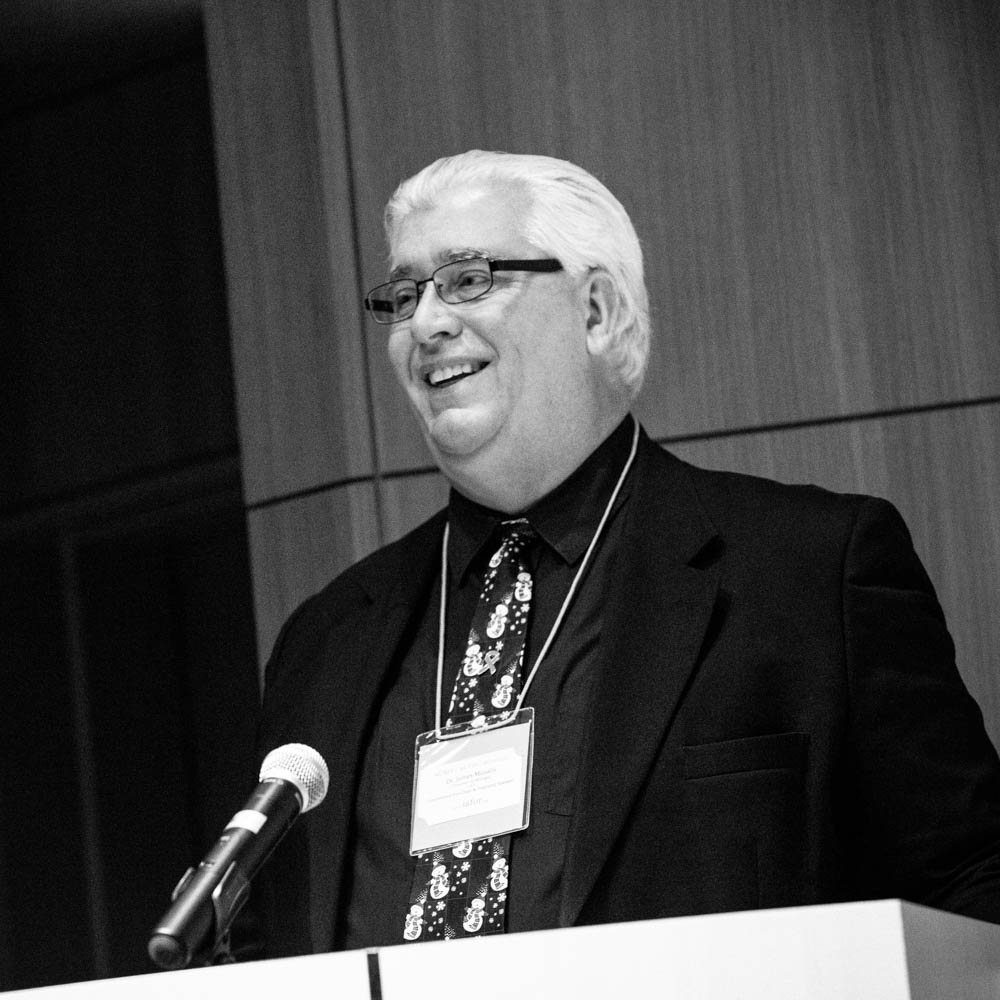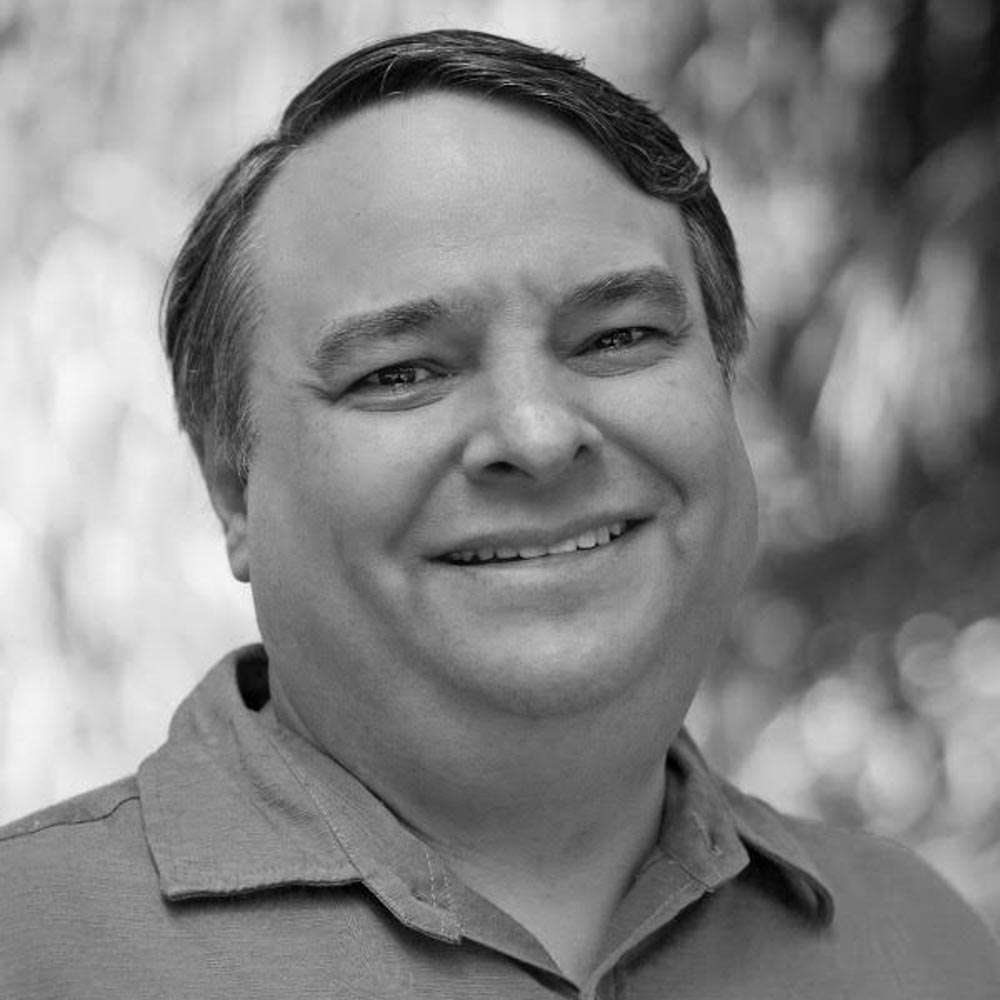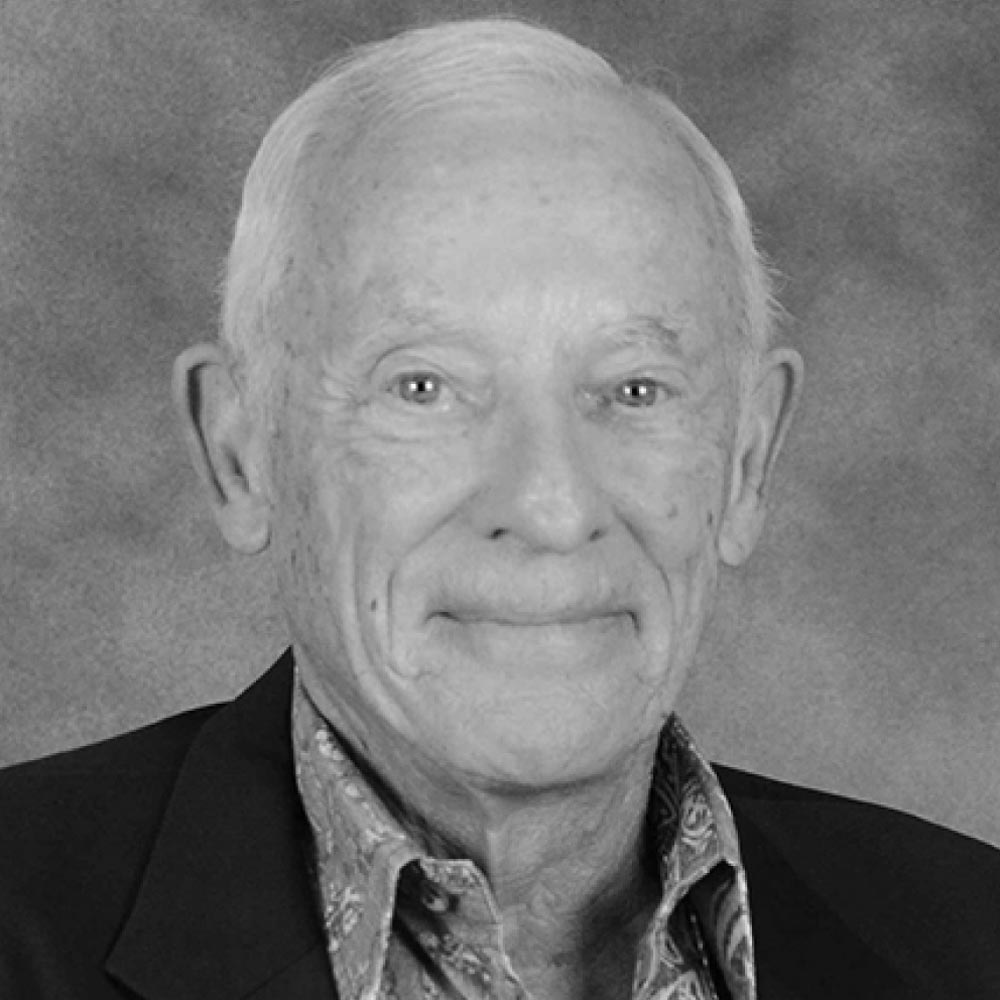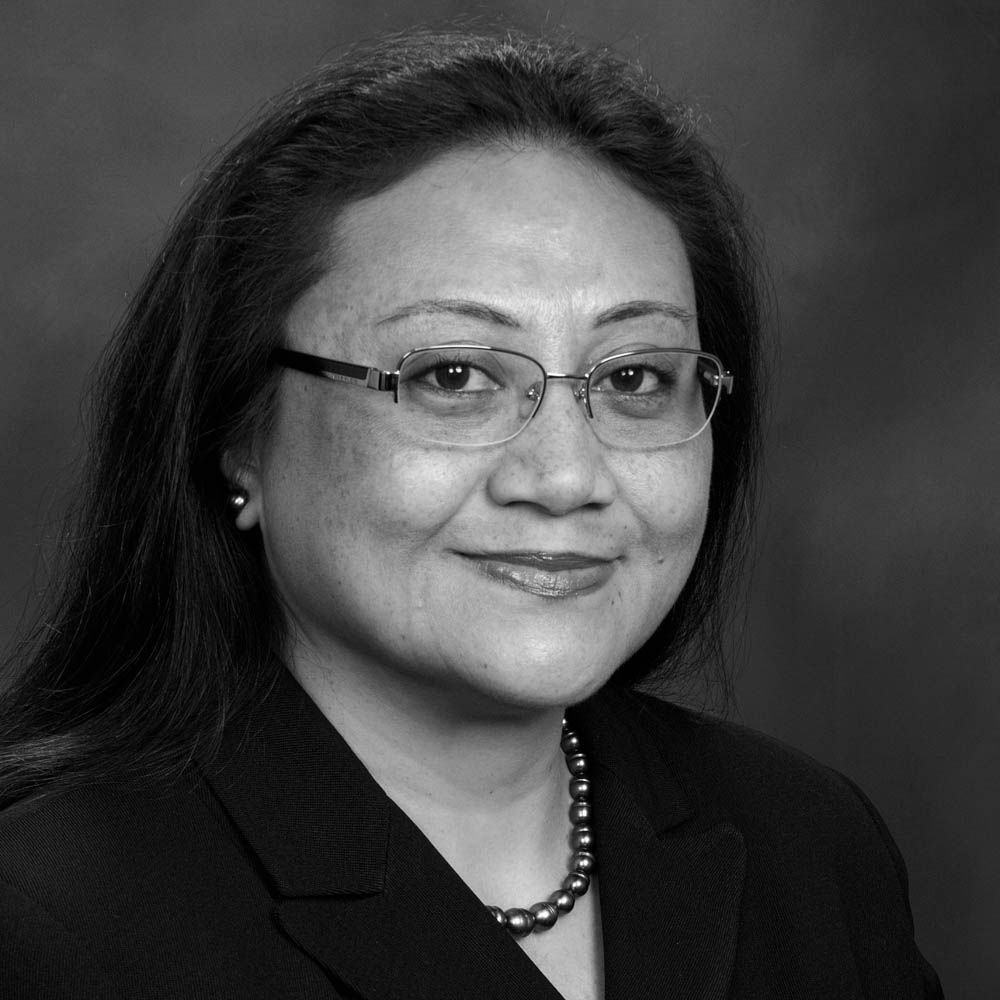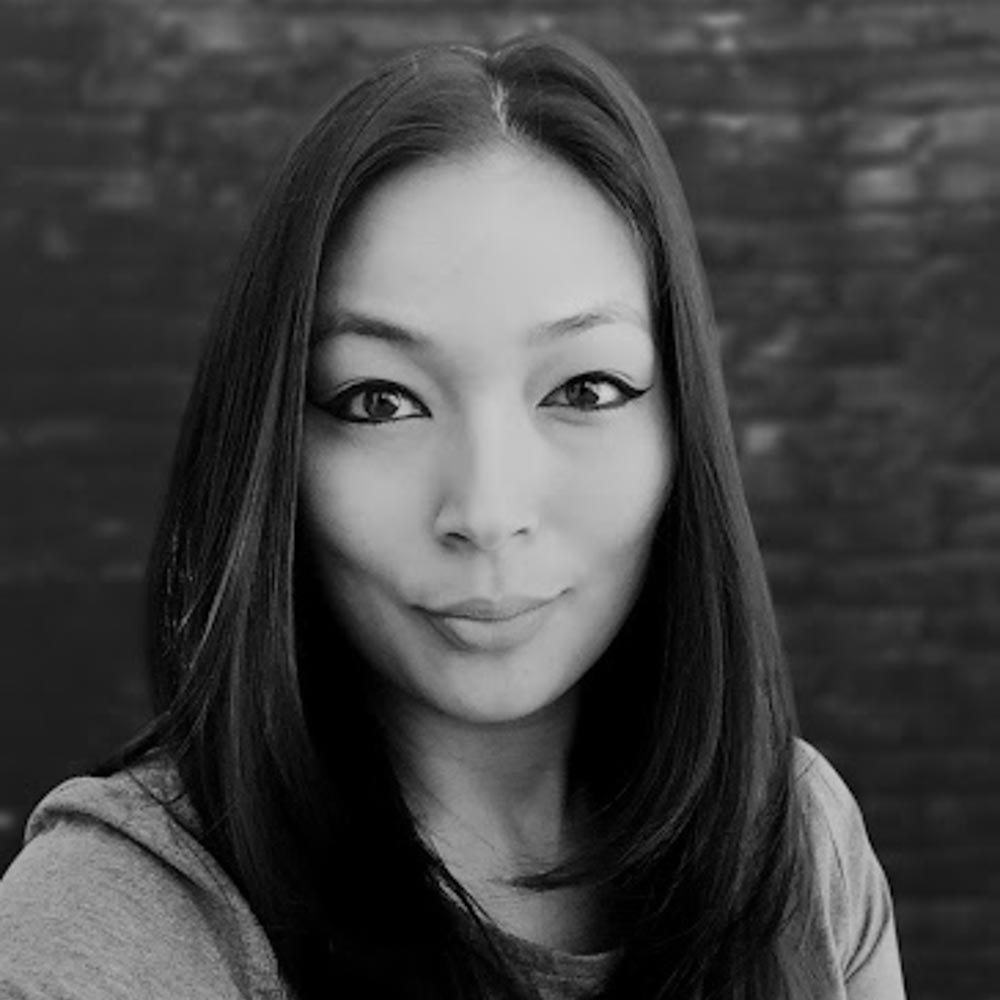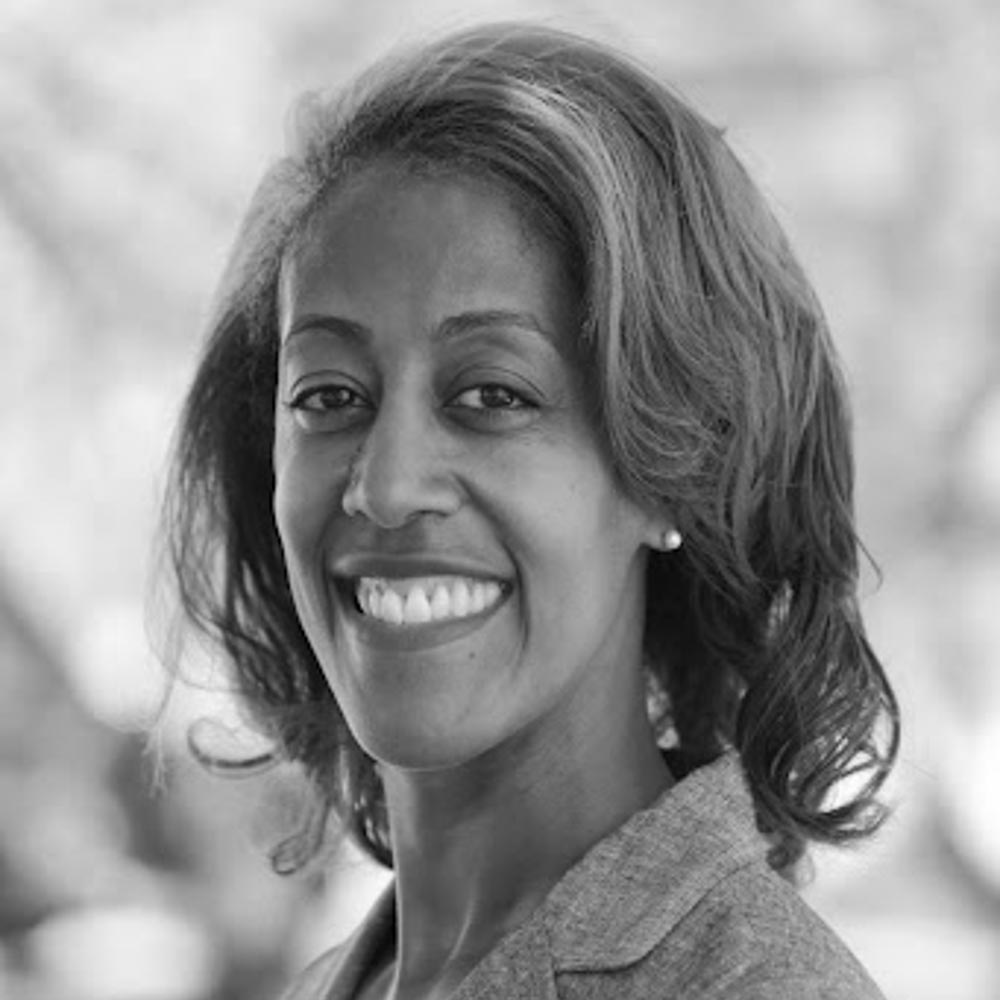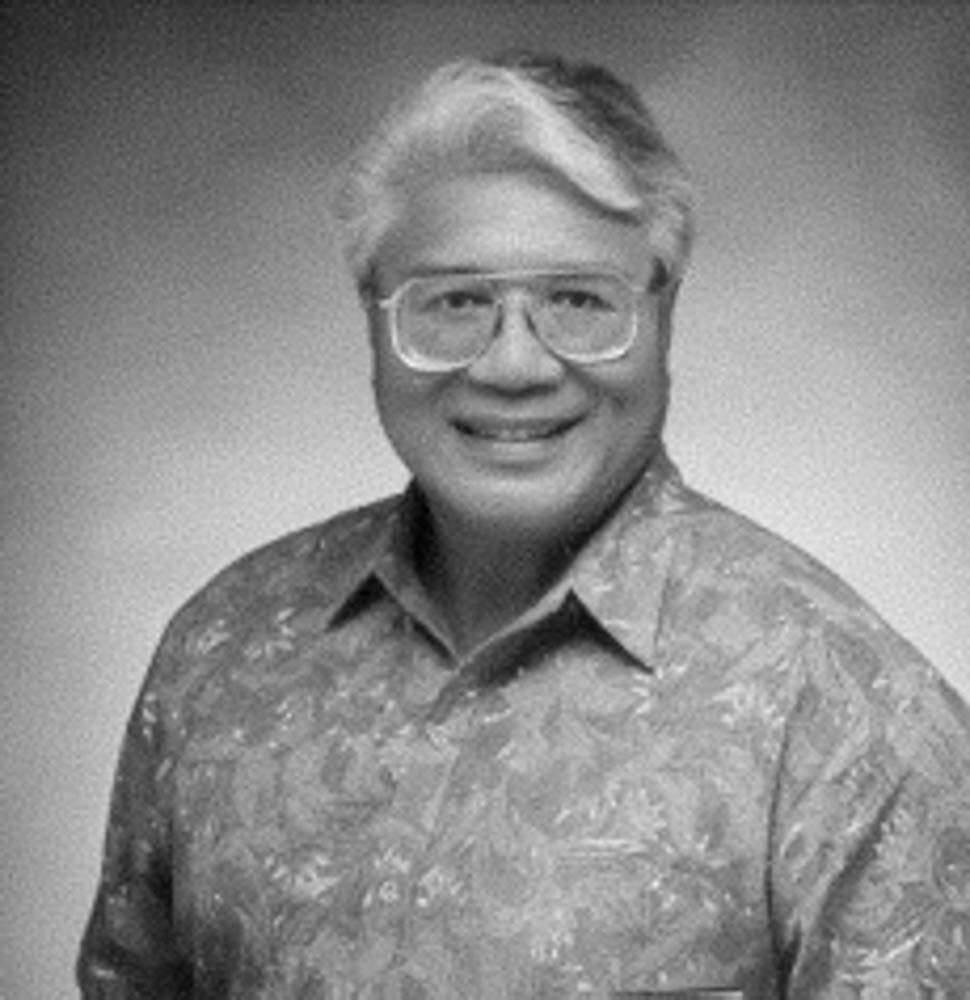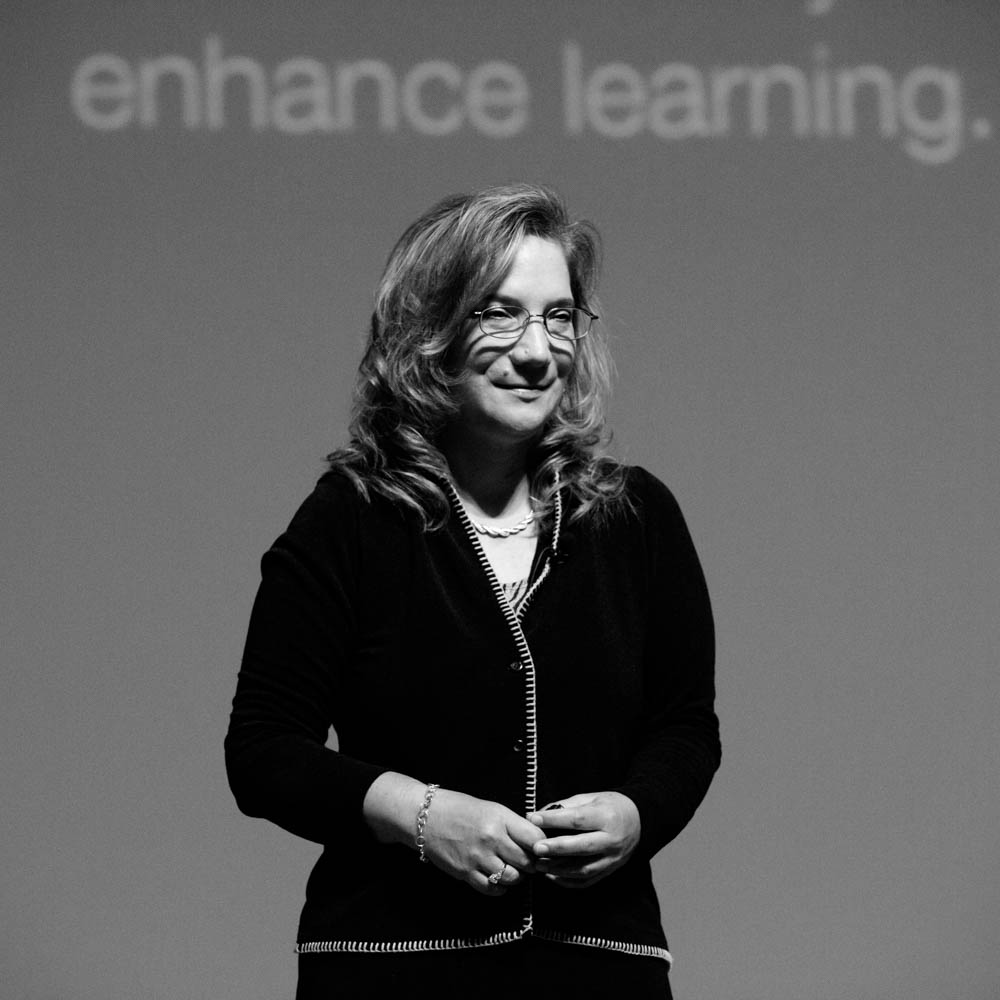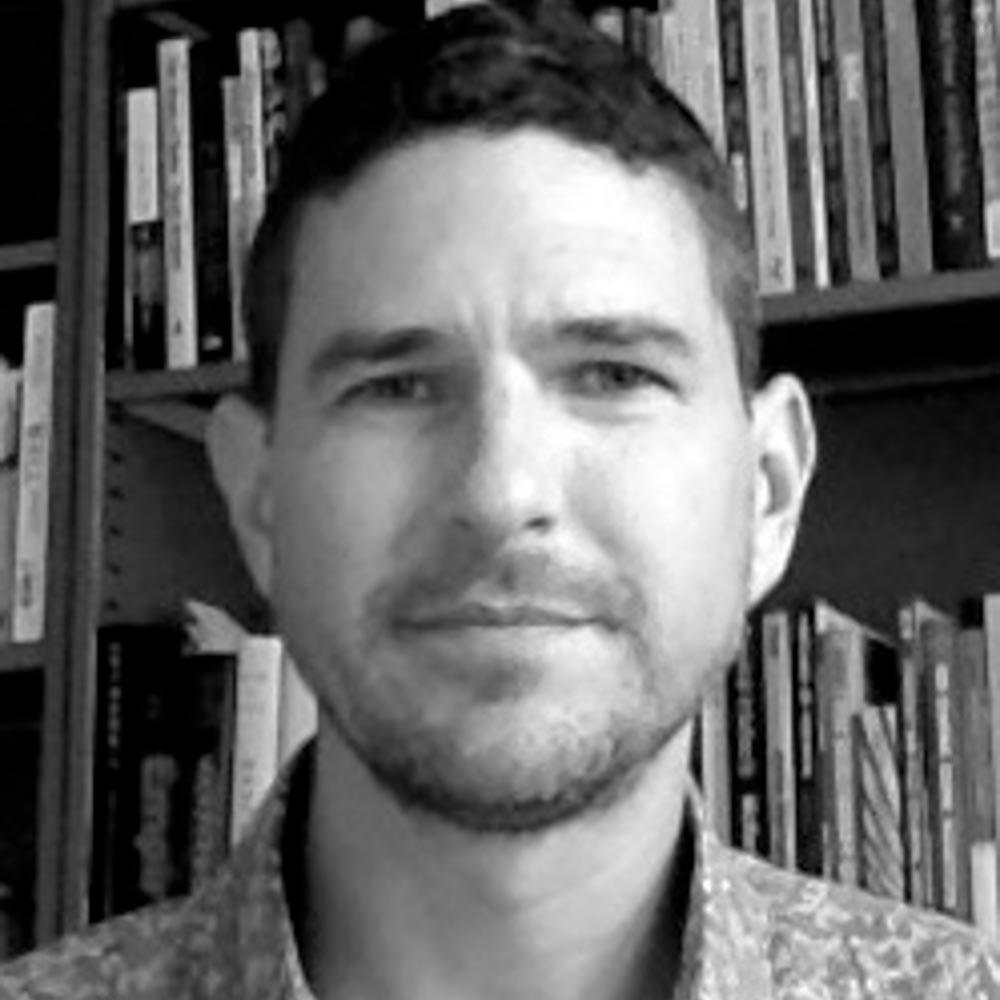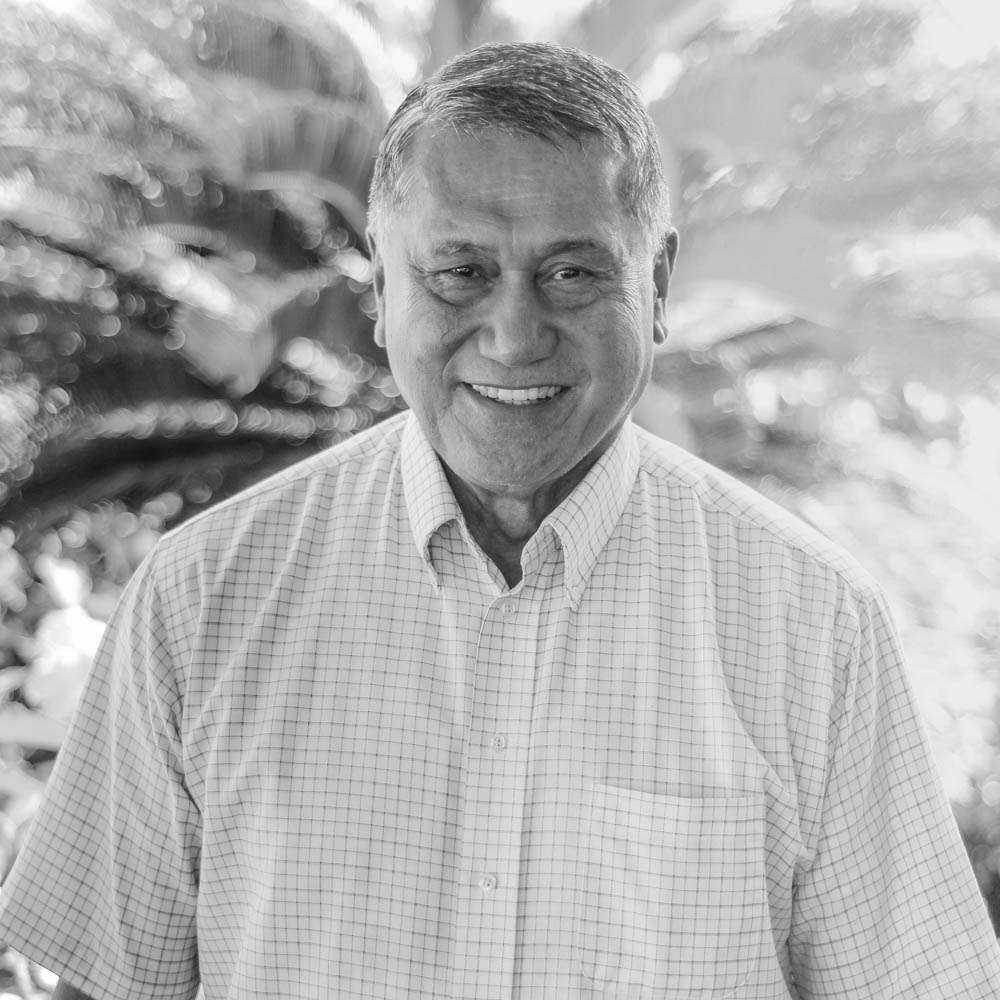IICE2022
January 06-09, 2022 | The Hawai'i Convention Center, Honolulu, Hawaii, United States
Plenary Speakers
-
Inkar AlshimbayevaSony Corporation, Sweden
-
Brian AycockChuo University, Japan & IAFOR Research Centre
-
Celia Bardwell-JonesUniversity of Hawai’i at Hilo, United States
-
Christine BeauleUniversity of Hawai’i at Manoa, United States
-
Shana BrownUniversity of Hawai’i at Manoa, United States
-
Xu DiUniversity of Hawai’i at Manoa, USA
-
Debora HalbertUniversity of Hawai’i System, United States
-
Joseph HaldaneThe International Academic Forum (IAFOR), Japan
-
Curtis HoUniversity of Hawai’i at Manoa, USA
-
James W. McNallyUniversity of Michigan, USA & NACDA Program on Aging
-
Michael MenchacaUniversity of Hawai’i at Mānoa, United States
-
Deane NeubauerUniversity of Hawai’i at Manoa, United States
-
Sela V. PanapasaUniversity of Michigan, USA
Spotlight Speakers
Programme
Organising Committee
-
Failautusi ‘Tusi’ AvegalioUniversity of Hawaiʻi at Manoa, USA
-
Xu DiUniversity of Hawai’i at Manoa, USA
-
Joseph HaldaneThe International Academic Forum (IAFOR), Japan
-
Curtis HoUniversity of Hawai’i at Manoa, USA
-
Barbara LockeeVirginia Tech, USA
-
James W. McNallyUniversity of Michigan, USA & NACDA Program on Aging
-
Alex MeansUniversity of Hawaiʻi at Mānoa, USA
-
Michael MenchacaUniversity of Hawai’i at Mānoa, United States
-
Deane NeubauerUniversity of Hawai’i at Manoa, United States
-
Sela V. PanapasaUniversity of Michigan, USA
-
Hiagi M. WesleyBrigham Young University – Hawaii, USA
IICE2022 Review Committee
- Professor Dolapo Adeniji-Neill, Adelphi University, United States
- Dr Balamuralithara Balakrishnan, Sultan Idris Education University, Malaysia
- Professor Valentina Canese, Universidad Nacional de Asunción, Paraguay
- Dr Yung-Huei Chen, National Chung Cheng University, Taiwan
- Dr Edsoulla Chung, The Open University of Hong Kong, Hong Kong
- Dr Joanie Crandall, Yorkville University, Canada
- Dr Lorna Dimatatac, Technological Institute of the Philippines, Philippines
- Professor Biljana Djoric Francuski, University of Belgrade, Serbia
- Dr Rayna Fujii, University of Hawai'i Manoa, United States
- Dr Stacy George, University of Hawaii at Manoa, United States
- Dr Minako Inoue, Health Science University, Japan
- Professor Heeseon Jang, Pyeongtaek University, South Korea
- Dr Erick Kong, California State University East Bay, United States
- Dr Abdelaziz Mohammed, Albaha University, Saudi Arabia
- Dr Matthew Motyka, University of San Francisco, United States
- Dr Esther Ntuli, Idaho State University, United States
- Dr Zanita Glenda Plaga, West Visayas State University, Philippines
- Dr Miguel Varela, Academic Bridge Program, Qatar
- Dr Yifeng Yuan, University of Technology Sydney, Australia
Media Partner

